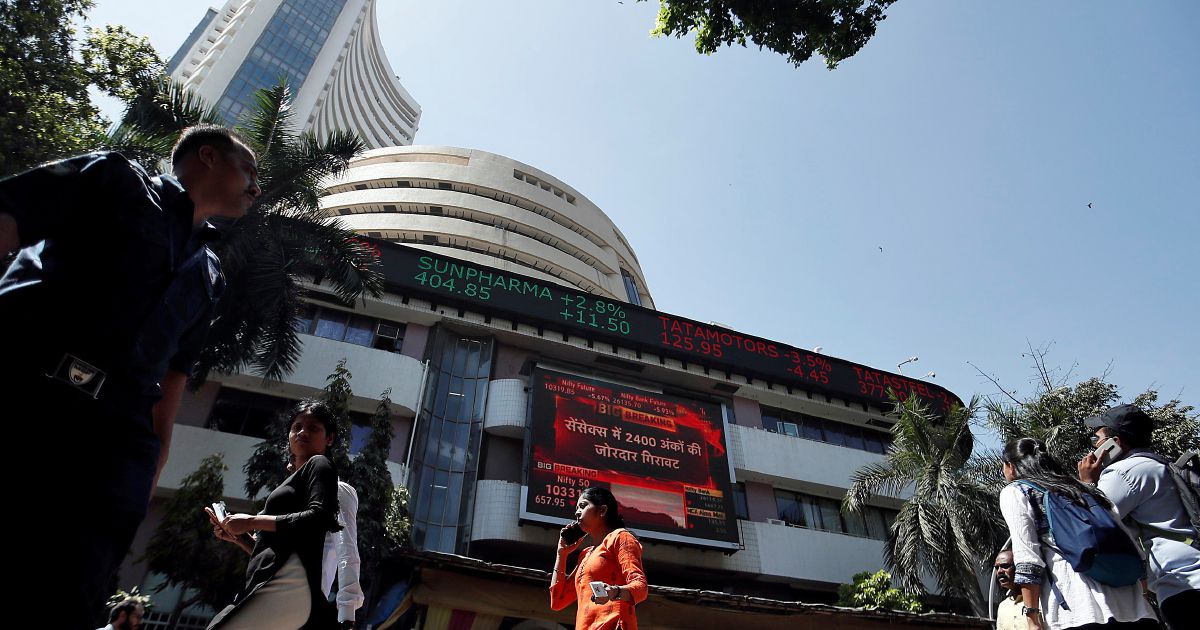MUMBAI: The Indian rupee is expected to open largely unchanged on Thursday, showing limited reaction to US President Donald Trump‘s additional tariffs on Indian goods, which traders said was largely expected and factored in.
The 1-month non-deliverable forward indicated the rupee will open in the 87.70-87.75 range versus the US dollar, largely unchanged from Wednesday’s close of 87.7325.
Indian equities too appeared largely unfazed by the additional tariffs, with GIFT Nifty futures pointing to a muted open.
On Wednesday, Trump hit Indian goods with an extra 25 per cent tariff, blaming oil ties with Russia. The new duties, kicking in on August 28, could lift tariffs on some exports to 50 per cent – one of the steepest rates for a US trade partner.
“We knew more tariffs were coming after all those hints by Trump,” a currency trader at a private sector banks said.
It appears that the rupee and Indian equities had largely priced them in, he added.
The rupee’s measured response to the new tariffs likely reflects the Reserve Bank of India’s (RBI) resolve to prevent a breach of the all-time low of 87.95, the trader said.
The central bank was likely selling dollars via state-run banks on Tuesday when the currency was at risk of slipping past that level.
India-US trade relations have entered a turbulent phase, marked by escalating tariffs and the US’s unease over New Delhi’s continued energy engagement with Russia.
The developments have raised concerns about higher volatility in Indian assets, with investors bracing for the fallout from worsening relations.
The additional tariffs were not “entirely unexpected”, especially since Trump had recently threatened substantial tariffs on India, Barclays Bank said, adding that if implemented in full, would “certainly dent India’s growth outlook”.
However, the bank added that the announcement likely represents a pressure tactic and expects the final US duty on Indian goods to settle lower.
Citi Research noted that with the extra tariffs kicking in after 21 days, there’s window for negotiations.
© New Straits Times Press (M) Bhd






